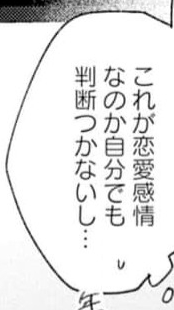The story: Recently the character broke up with his lover. However, he is starting to regret it. Because his lover was very skilled/attentive, etc in the first pic he wonders if it was really love or not? He can't decide it for himself.
Then I'm a bit stumbled on the second pic.
I'm a bit stumbled on how to take this sentence. It seems おくんだった is used akin to べきだった? I should have?
"If this is the case, I should have maintained even one honest relationship?"
Then he seems to add いつもテキトーに付き合ってきたツケが which I take that "the pretext is that I always had half hassed relationships until now"


